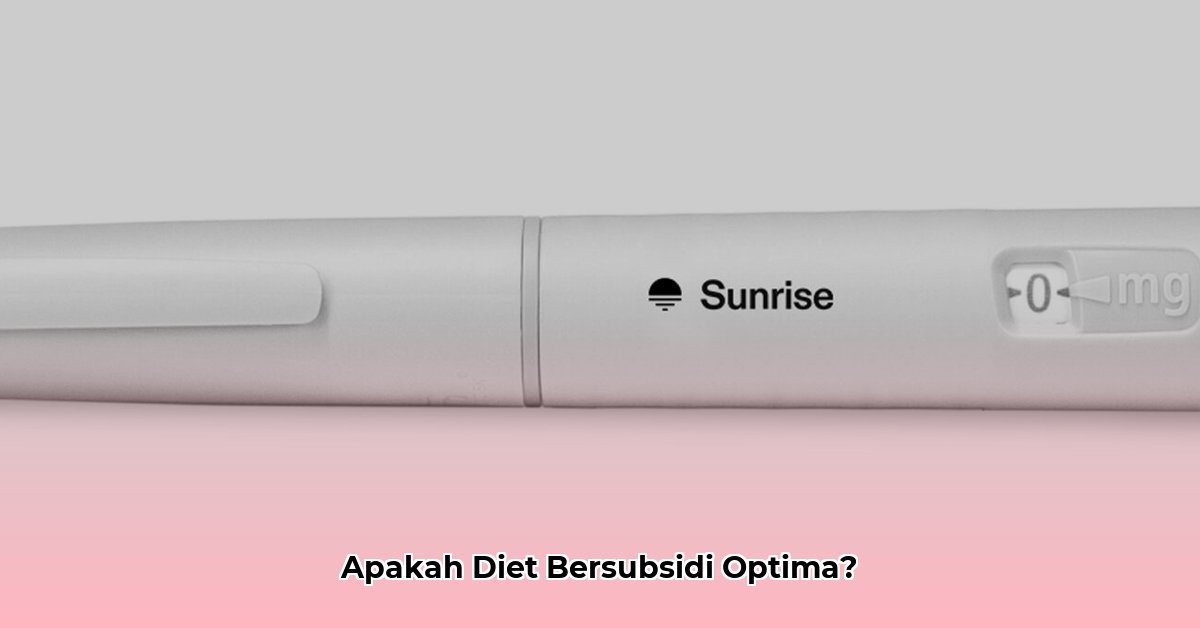
Understanding Your Options
Are you considering weight loss medication as part of your weight loss journey? If you’re an Optima Health Insurance member, it’s crucial to understand your coverage options. This article provides a comprehensive guide to help you navigate the details, including eligibility requirements, approval processes, and alternative treatments.
Optima’s Weight Loss Medication Coverage
The good news is that Optima Health does cover weight loss medications under specific conditions. Your eligibility will depend on your health insurance plan and individual circumstances. To get a clear understanding of your coverage, refer to your benefits booklet or contact Optima Health directly.
Covered Medications and Treatments
Optima Health’s coverage includes a range of weight loss medications and treatments, such as:
- Prescription Drugs: Orlistat, Phentermine, Liraglutide, Naltrexone
- Non-Prescription Treatments: Healthy eating habits, regular exercise, dietary modifications, and behavioral therapy
Getting Approved for Coverage
To obtain approval for coverage, you may be required to provide medical records and a recommendation from your doctor. Optima Health will evaluate factors such as your medical history, BMI, and previous weight loss attempts.
Alternatives to Weight Loss Medications
If weight loss medication is not the right option for you, Optima Health also covers alternative treatments to support your weight loss goals. These include lifestyle changes, dietary modifications, and behavioral therapy.
Keep in Mind
Remember that coverage details, including co-pays and deductibles, may vary based on your plan. It’s always advisable to double-check your benefits booklet or reach out to Optima Health for personalized information about your coverage.
Understanding Insurance Coverage for Weight Loss Medications
Navigating insurance coverage for weight loss medications can be like a maze, but it doesn’t have to be. Here’s a simplified guide to help you make sense of it all:
The Coverage Conundrum
Most insurance plans have limited coverage for weight loss medications. They often impose strict criteria for eligibility and use.
Who’s Eligible?
To qualify for coverage, you typically need to:
- Have your insurance plan approve the medications
- Prove medical necessity to your doctor, such as a diagnosis of obesity or a related condition
- Meet the requirements set by your insurance company
The Exclusions Trap
Insurance plans do not cover weight loss medications for cosmetic purposes.
GLP-1 Agonists: A Promising Option
GLP-1 agonists are a class of weight loss medications that have a higher chance of insurance coverage. These drugs mimic natural hormones that help suppress appetite and promote fullness.
Dr. Note Required
To get GLP-1 agonists covered by insurance, you need a prescription and a letter from your doctor explaining why the medication is necessary.
Navigating the Insurance Maze
To simplify the process:
- Check Your Policy: Review your insurance documents to determine weight loss medication coverage.
- Talk to Your Doc: Discuss treatment options with your doctor and request a written explanation of the medical necessity of the medication.
- Submit Your Claim: Follow your insurance company’s instructions to submit a claim for coverage.
- Appeal if Denied: If your claim is rejected, appeal the decision.
Other Coverage Options
- Employer Coverage: Some employers offer weight loss medications as an employee benefit.
- Obesity-Related Conditions: Insurance may cover weight loss medications if they’re used to treat underlying obesity-related conditions, such as diabetes or sleep apnea.
The Future of Weight Loss Meds
With new medications emerging, the coverage landscape is constantly evolving. Stay informed about potential updates to advocate for coverage when appropriate.